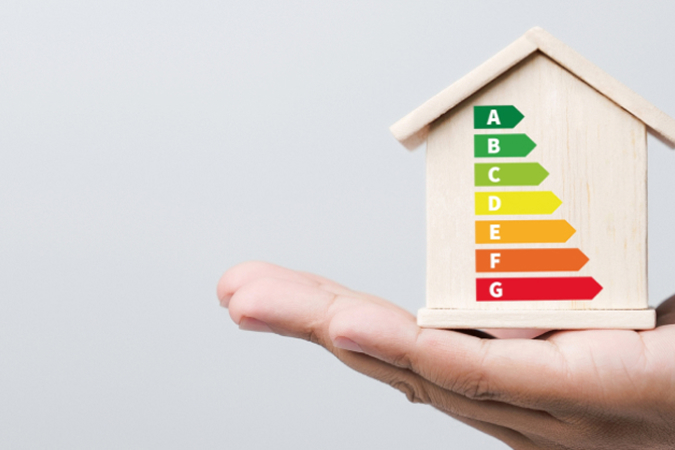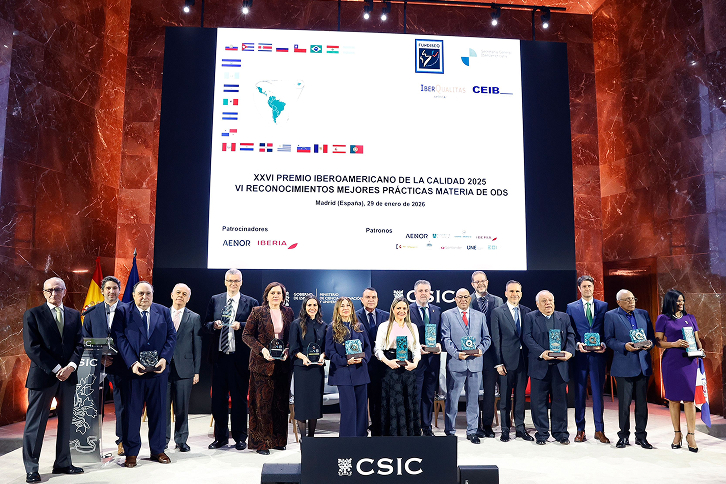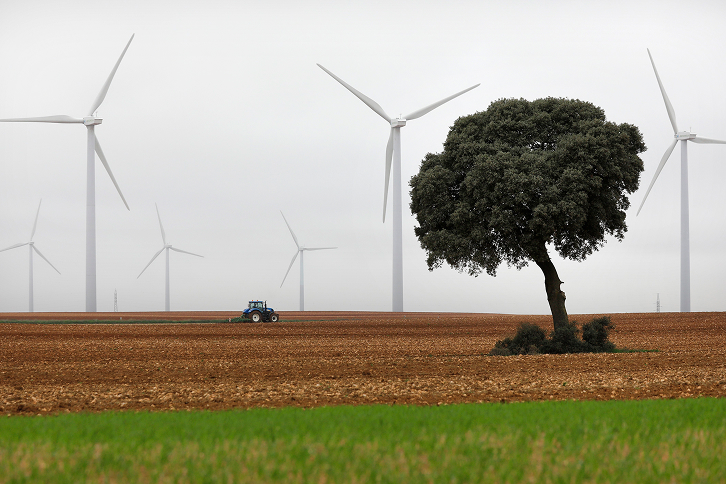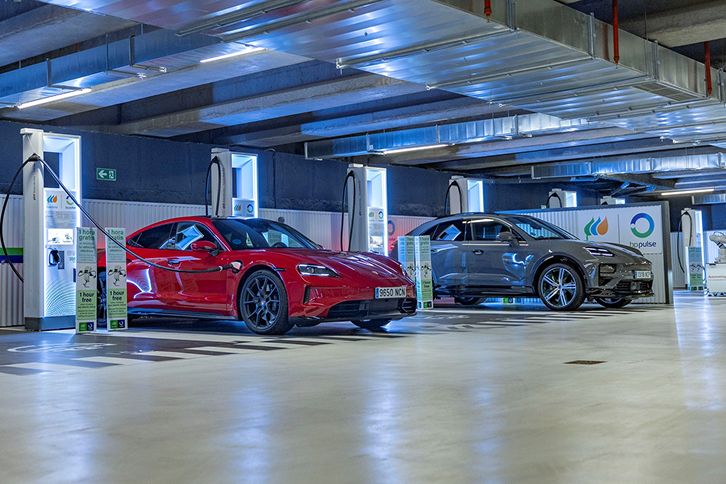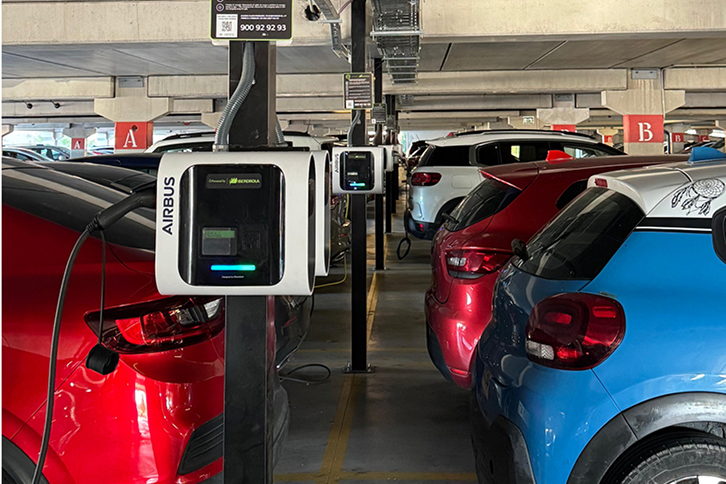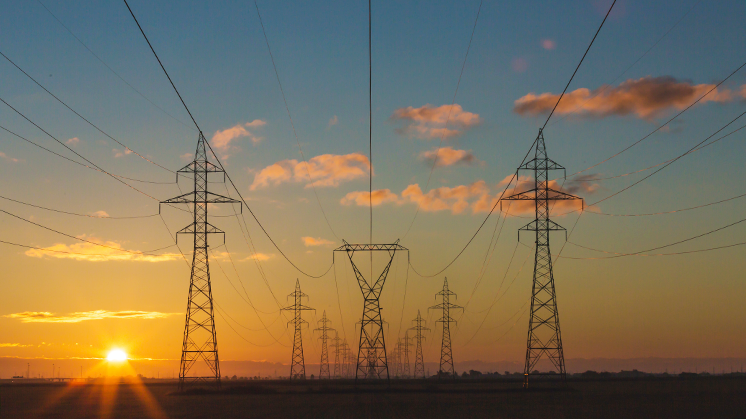Sustainability
We remain committed to a sustainable and competitive economy, driving the rollout of clean energies and essential electricity networks, as well as promoting the electrification of energy uses to advance a change of model.
Leaders in sustainable management and climate action

The key to our long-term value creation strategy is the combination of financial and social dividends, integrating sustainability into the company's strategy and management.
Our goal: a net positive impact on biodiversity
At Iberdrola, we are committed to protecting and acting for nature, and we are strengthening our commitment with the launch of our 2030 Biodiversity Plan.
The benefits of energy efficiency
At the Iberdrola Group, we ensure efficient energy management throughout its energy chain and act to optimise the use of energy in production, transmission and distribution, as well as in end use.

"Iberdrola is facing 2025 with the same determination that has always guided us to create a fairer, more fraternal, supportive and sustainable world for the benefit of all."
Ignacio S. Galán
Executive Chairman of Iberdrola
Key performance indicators
Find out about the Iberdrola Group's key Sustainability figures as of 31 December 2024*.
*Data taken from the Annual Integrated Report & Sustainability Information 2024.
Powering a new future for energy, a sustainable future
In September 2025, we updated our sustainability targets for 2030 – under the motto Powering a new future for energy, a sustainable future – with the aim of keeping sustainability integrated into our business model and, as we make progress towards these targets, continuing to create value for everyone.
Sustainability news
Contact information
Corporate Sustainability Office

Calendar
-
21March

International Day of Forests 2026
00.00h - 23.59h
A global initiative to highlight the importance of these ecosystems in the fight against climate change and to warn of the danger of their degradation.
Add to calendar
-
22March

World Water Day 2026
00.00h - 23.59h
A global initiative to highlight the importance of fresh water for our planet and the need to combat its scarcity worldwide.
Add to calendar
-
28March

Earth Hour 2026
00.00h - 23.59h
We join an initiative that has been raising awareness against climate change and for climate action for more than 15 years.
Add to calendar
-
21March

International Day of Forests 2026
00.00h - 23.59h
A global initiative to highlight the importance of these ecosystems in the fight against climate change and to warn of the danger of their degradation.
Add to calendar
-
22March

World Water Day 2026
00.00h - 23.59h
A global initiative to highlight the importance of fresh water for our planet and the need to combat its scarcity worldwide.
Add to calendar
-
28March

Earth Hour 2026
00.00h - 23.59h
We join an initiative that has been raising awareness against climate change and for climate action for more than 15 years.
Add to calendar

Sustainability Report 2025
See our sustainability management and performance.







